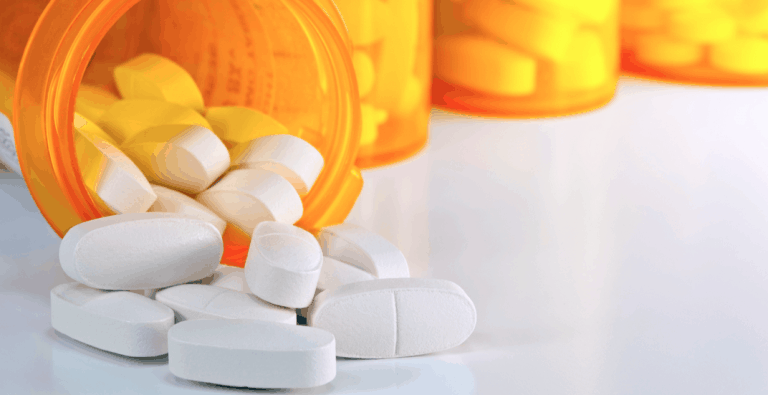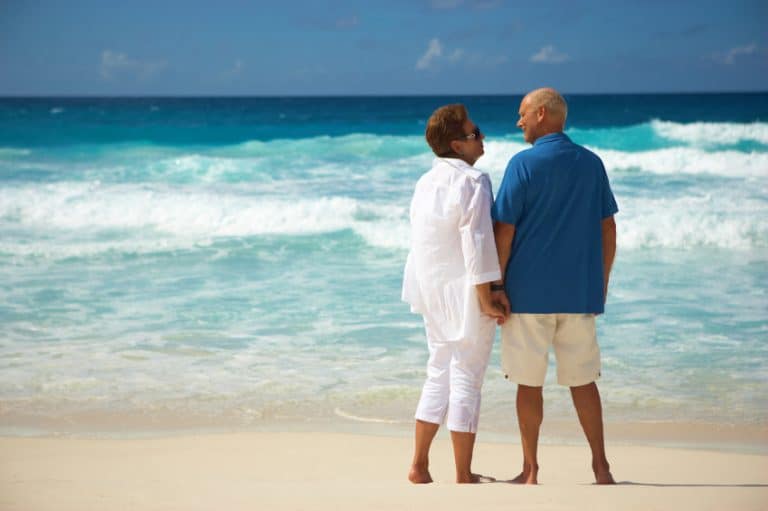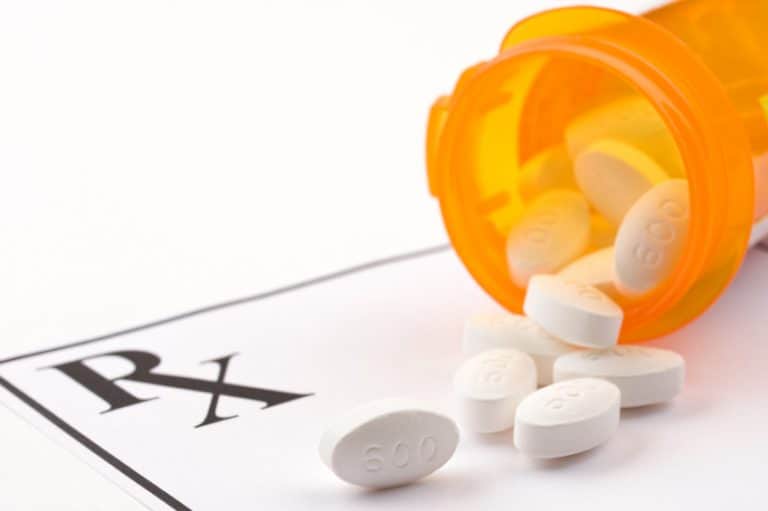Stress and emotional health can be important causative factors in chronic prostatitis/chronic pelvic pain syndrome (CP/CPPS). When a man experiences stress, anxiety, and tension it can elevate his prolactin levels, which can lead to damage of the immune system and cause inflammation. It can also cause an imbalance in the neuroendocrine system, leading to chronic pain. The tension that is brought on by stress and emotional health can lead to a chronic tension disorder, neuromuscular tension disorder, and other pelvic floor disorders, all which can cause pelvic pain and sometimes urinary, sexual, or bowel trouble.
You might wonder how stress can affect your pelvic muscles. Some men unknowingly tense their pelvic muscles when feeling stressed. This can lead to pelvic muscle tension and nerve activity in the pelvis. This causes nerves to secrete neurotransmitters from the nerve endings that activate mast cells. This causes inflammation and pain.
The connection between stress and prostatitis has been documented in studies. A 2009 study on prostatitis found high stress levels, poor emotional health, and lack of social support were associated with a history of prostatitis in men. The findings were consistent with the findings of a 2002 Harvard study that observed that men with severe stress at work or home were 1.2 and 1.5 times more likely to suffer from prostatitis compared to men who reported stress-free lives. Other studies have found a connection between the amount of stress a person is under and how that affects the amount of pain he feels. The worse the stress is, the worse the pain.
Several other studies have found that prostatitis to be unusually common in men with a history of psychological conditions, especially anxiety disorders and panic disorders. Researchers in Taiwan compared the health records of men with CPPS with records of randomly chosen men. The men who had been dealing with CPPS were twice as likely to have a previous diagnosis of an anxiety disorder. The results of this study show that men with CPPS have higher rates of anxiety than men who do not have CPPS. Men suffering with CPPS are also subject to significant disturbances in psychological profiles.
Research by a Stanford urology professor found that patients with chronic pelvic pain have more anxiety and perceived stress. They are more susceptible to depression, hostility, somatization, paranoid ideation, and interpersonal problems. Compared with controls, men with CPPS have significantly increased awakening cortisol responses.
It is important to manage stress and anxiety. Not only does stress and anxiety cause prostatitis symptoms and make the symptoms seem worse, but having an ongoing chronic condition like CPPS can have a negative effect on your emotional health, causing more stress and anxiety. It is like a vicious cycle.
Patients suffering with chronic prostatitis can get benefits from using stress management techniques. It is important for patients to identify and learn how to deal with their source of stress to help resolve their resulting medical problems. Alternative prostatitis treatments that patients may find helpful in relieving stress include:
- cognitive behavioral therapy,
- meditation,
- yoga, and
- tai chi.
Some therapies for pelvic floor and tension disorders brought on by stress include:
- acupuncture,
- biofeedback therapy,
- trigger point release therapy,
- intrapelvic physiotherapy,
- pelvic floor rehabilitation,
- biofeedback, and
- reflexology.
Try as you might, there is no way to completely eliminate stress from your life, and working with methods to manage stress may take some time before you start seeing the results. You did not develop the pelvic pain overnight, and it is not going to disappear overnight either. While you are working on it, you may find relief from drug-free alternative supportive care measures for prostatitis such as sitz baths and heat therapy or even ice packs. There are special cushions and pillows made to make sitting more comfortable.
You will need to consider employing a number of different treatments, which may include natural prostatitis treatments such as supplements, phytotherapy, and learning about changing your diet. Finding out which foods to avoid for prostatitis and getting some allergy testing can also give you a starting point for reducing inflammation and tension in the body.
It is important to note that if you suffer from tension in the pelvic area, you’ll want to avoid exercises like Kegels. Kegel exercises can actually increase tension and make your prostatitis symptoms worse.







